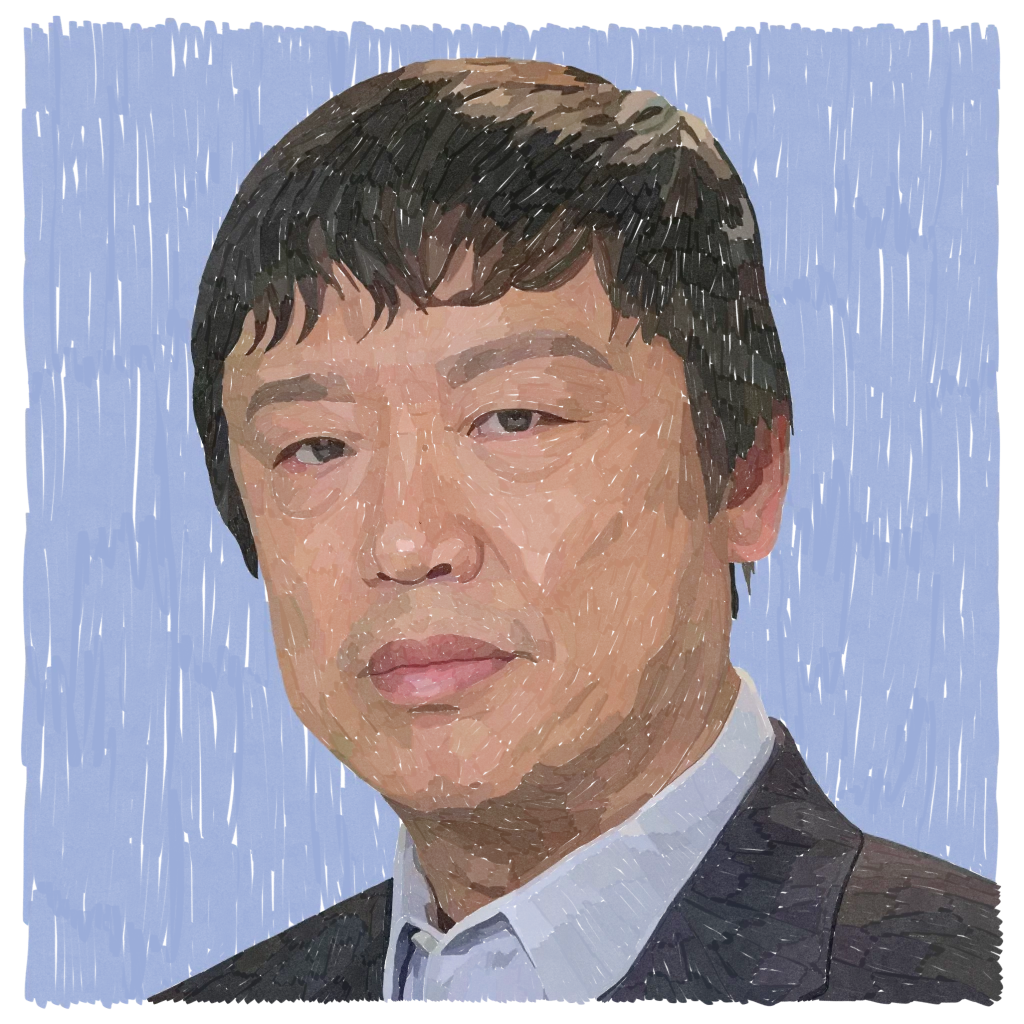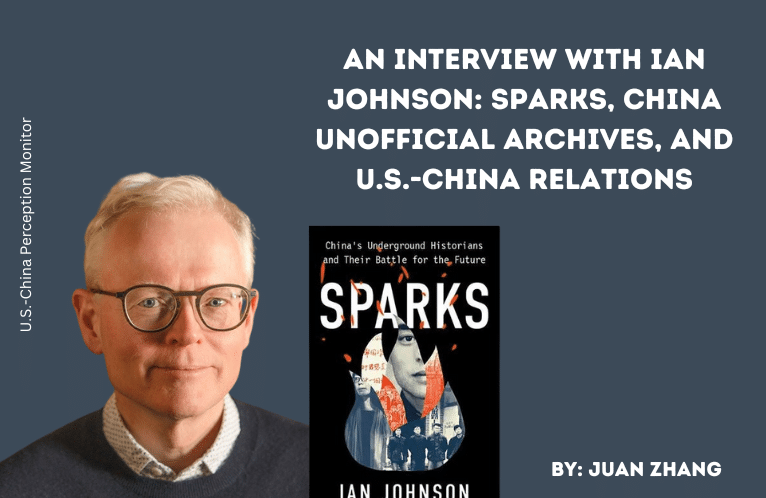When Will China Use Force to Reunite with Taiwan? Hu Xijin Explains His Position
RECAP: Shambaugh on “China’s Leaders: From Mao to Now” at NCUSCR
On September 9, 2021 the National Committee on US China Relations hosted a discussion with Professor David Shambaugh about his new book, China’s Leaders: From Mao to Now. Shambaugh’s quarantine project offers a history of the five dominant leaders of China’s modern story — Mao Zedong, Deng Xiaoping, Jiang Zemin, Hu Jintao, and Xi Jinping — and assessments of their work and legacy.
After an introduction by Steve Orlins, President of the National Committee on US China Relations, Shambaugh gave a brief introduction of the contents of China’s Leaders, walking through each leader, their key policy achievements, and their national and international legacies. While one paramount leader (Hua Guofeng) and several presidents do not have their own chapters because, as Professor Shambaugh noted, ‘their time at the top was not long enough and impact on the country was not deep enough’ to warrant an entire chapter, their impacts on policy are woven into the chapters of their predecessors or successors, making this volume a valuable and complete history of the architects of modern Chinese government.
Mao Zedong (1949-1976), the book’s obvious opening figure, is described by Shambaugh as a “Populist Tyrant” for his frequent use of what we call populism today. For example, Mao knelt to the poor and downtrodden, appealed to the rural masses, and used anti-elitist sentiment to uproot the standing cultural practices and institutions. Mao’s legacy is generally treated negatively outside China and mixed within China, but he is credited for founding the ideology that remained the guiding blueprint of the Party for decades.
The emphasis by Mao’s successor, Deng Xiaoping (1978-1989), on rebuilding the institutions destroyed by Mao during the Cultural Revolution, along with his emphasis on pragmatism over ideology, leads Shambaugh to give Deng the label of the “Pragmatic Leninist.” Deng overturned many Mao- era policies in favor of China’s ‘reform and opening up.’ Deng’s many diplomatic accomplishments and incredible economic achievements leave him with an overwhelmingly positive legacy, stained only by the 1989 Tiananmen Square Massacre.
After Deng, Jiang Zemin (1989-2002) came to power as a transitional figure, as he lacked a significant power base and well-known reputation both internationally and inside China. By cultivating bureaucratic constituencies, adopting their individual institutional practices, and showering them resources and promotions in a truly bureaucratic fashion, however, Jiang was able to stay in power for 13 years. Jiang’s legacy centers on his expert handling of China’s economic boom, the 1997 Hong Kong handover (negotiated by Deng in 1984), military modernization, and bringing China out of its post-Tiananmen isolation.
Succeeding Jiang Zemin, Hu Jintao (2002-2012), dubbed a “Technocratic Apparatchik” by Shambaugh for being an “insider’s insider” and “a quintessential Party cadre” is often dismissed for his bland persona, but nonetheless made important strides in Chinese social policy and Party reform. Hu’s legacy is often overlooked, but should include his enhancement of China’s position on the world stage and launching the concept of Chinese soft power, which he first spoke about at the 17th Party Congress in 2007 as a means to increase Chinese influence worldwide through enhanced cultural exchanges.
Lastly, Xi Jinping (2012-) “rules China in modern times in the ways of former emperors,” with Shambaugh titling him as China’s “Modern Emperor.” Xi is a believer in China’s greatness, the “interpreter of the past and visionary of the future,” and a new center for official ideological doctrine. His legacy is incomplete, of course, but has so far restored the strength of the CCP, cracked down on corruption, overseen “China’s ascension to true great power status,” and overturned 30 years of political reforms.
Shambaugh closed the webinar by answering questions, highlighting the discontinuity of leadership styles among these five men, and speaking about the perceived rise of wolf warrior diplomacy, which, according to Shambaugh, has always existed within China, but is only now so public and forceful because of China’s growing international power. In order to be prepared for an effective relationship with China, Shambaugh noted that the Biden administration should expect Xi in power for a long time and for the effects of Xi Jinping Thought to extend even further.









